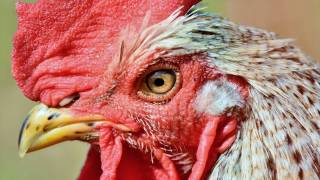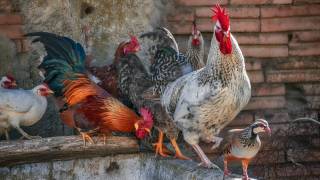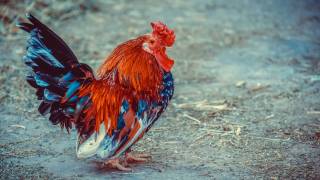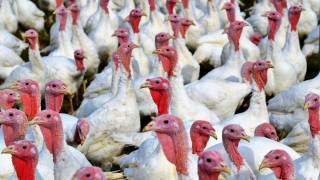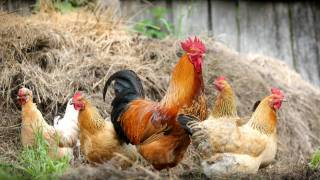China Confirms Rare Bird Flu Case

China’s Health Emergency Office announced on June 1, 2021, the National Health Committee found a human case of H10N3 avian influenza in Jiangsu Province. Experts assessed that the complete genetic analysis of the Zoonotic Influenza virus showed that the H10N3 virus was of avian origin.
No human cases of H10N3 have been reported globally, said the related press release.
On April 23rd, the male patient displayed fever and other symptoms. On May 28th, the Chinese Center for Disease Control and Prevention conducted a whole-genome sequence determination on patient specimens, and the result was positive for the H10N3 virus.
Jiangsu Province immediately conducted local emergency monitoring and found no other abnormalities. The patient’s condition remains stable and meets the discharge standard.
The National Health Commission has instructed Jiangsu Province to carry out prevention plans and organized expert risk assessments.
The World Health Organization (WHO) says Zoonotic Influenza refers to diseases caused by animal influenza viruses, such as Bird Flu and Swine Flu. People can be infected with various influenza viruses circulating in animals, such as avian influenza virus subtypes A(H5N1) and A(H9N2) and swine influenza virus subtypes A(H1N1) and (H3N2).
As of May 6, 2021, a total of 239 cases of human infection with avian influenza A(H5N1) virus have been reported from four countries, including China, within the WHO’s Western Pacific Region since January 2003.
Of these ‘bird flu’ cases, 134 were fatal, resulting in a case fatality rate of 56%.
On May 20, 2021, the World Organization for Animal Health (OIE) announced the launch of the One Health High-Level Expert Panel to improve understanding of how diseases with the potential to trigger pandemics emerge and spread. The panel will guide developing a dynamic new research plan and draw up evidence-based recommendations for global, regional, national, and local action.
The panel will advise international organizations on developing a long-term global plan of action to avert outbreaks of diseases like H5N1 avian influenza, MERS; Ebola; Zika, and, possibly, COVID-19. Three-quarters of all emerging infectious diseases originate in animals, says the OIE.
Mr. Heiko Maas, Minister for Foreign Affairs, Germany, commented, “COVID-19 has painfully reminded us that the health of humans, animals, and the environment around the world is closely connected. This is what we have to bear in mind to prevent future pandemics.”
“The establishment of the One Health High-Level Expert Panel marks an important step in the right direction. Germany and France will continue to support the panel’s work.”
Even though ‘Bird Flu’ and ‘Swine Flu’ viruses are found in humans, these animal viruses are distinct from human influenza viruses, says the U.S. CDC.
There are four types of influenza viruses: A, B, C, and D. Wild aquatic birds, such as wild ducks, geese, swans, gulls, shorebirds, and terns, are the natural hosts for most influenza type A viruses, says the U.S. CDC.
PrecisionVaccinations publishes research-based influenza news.
Our Trust Standards: Medical Advisory Committee






